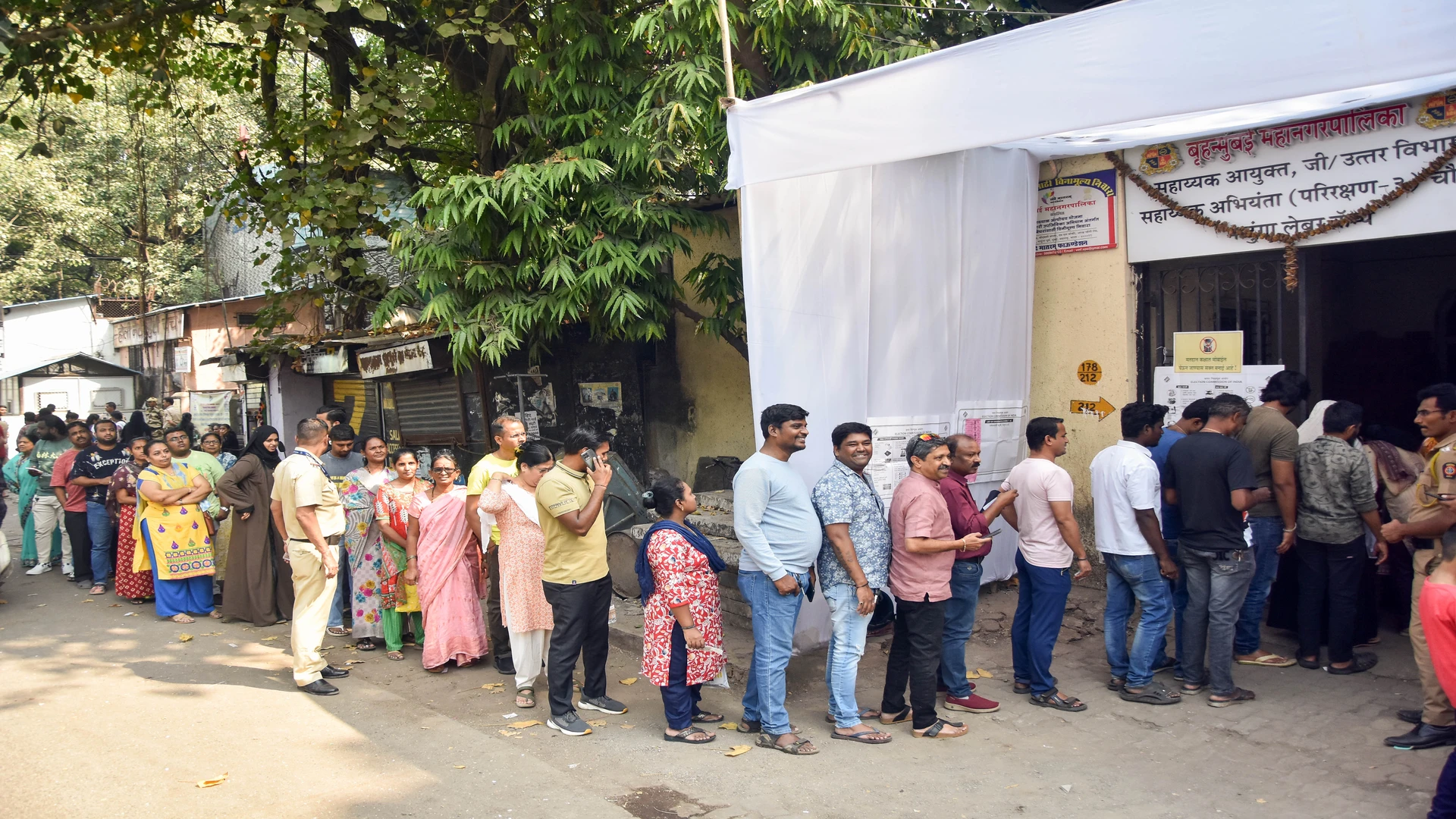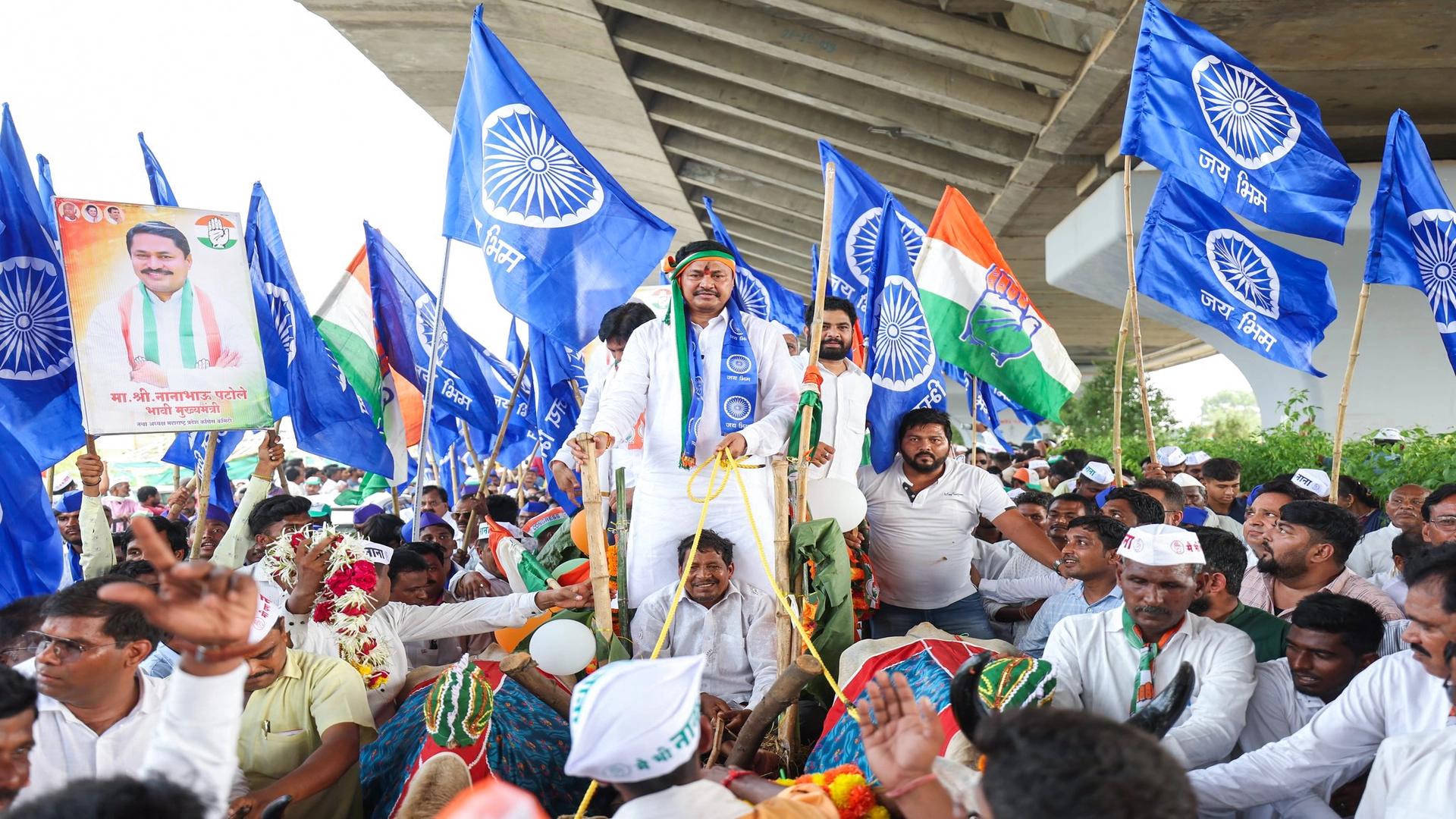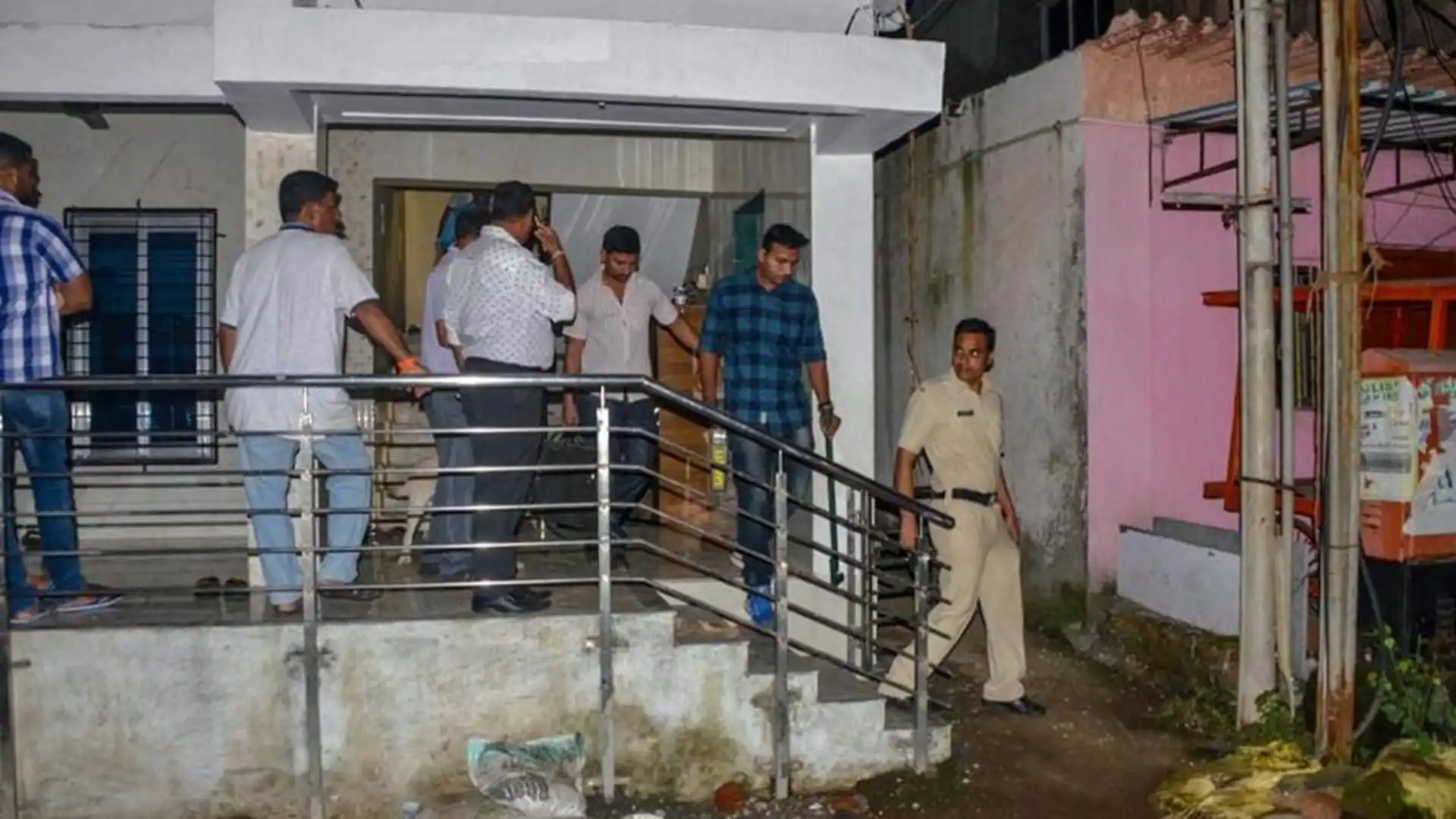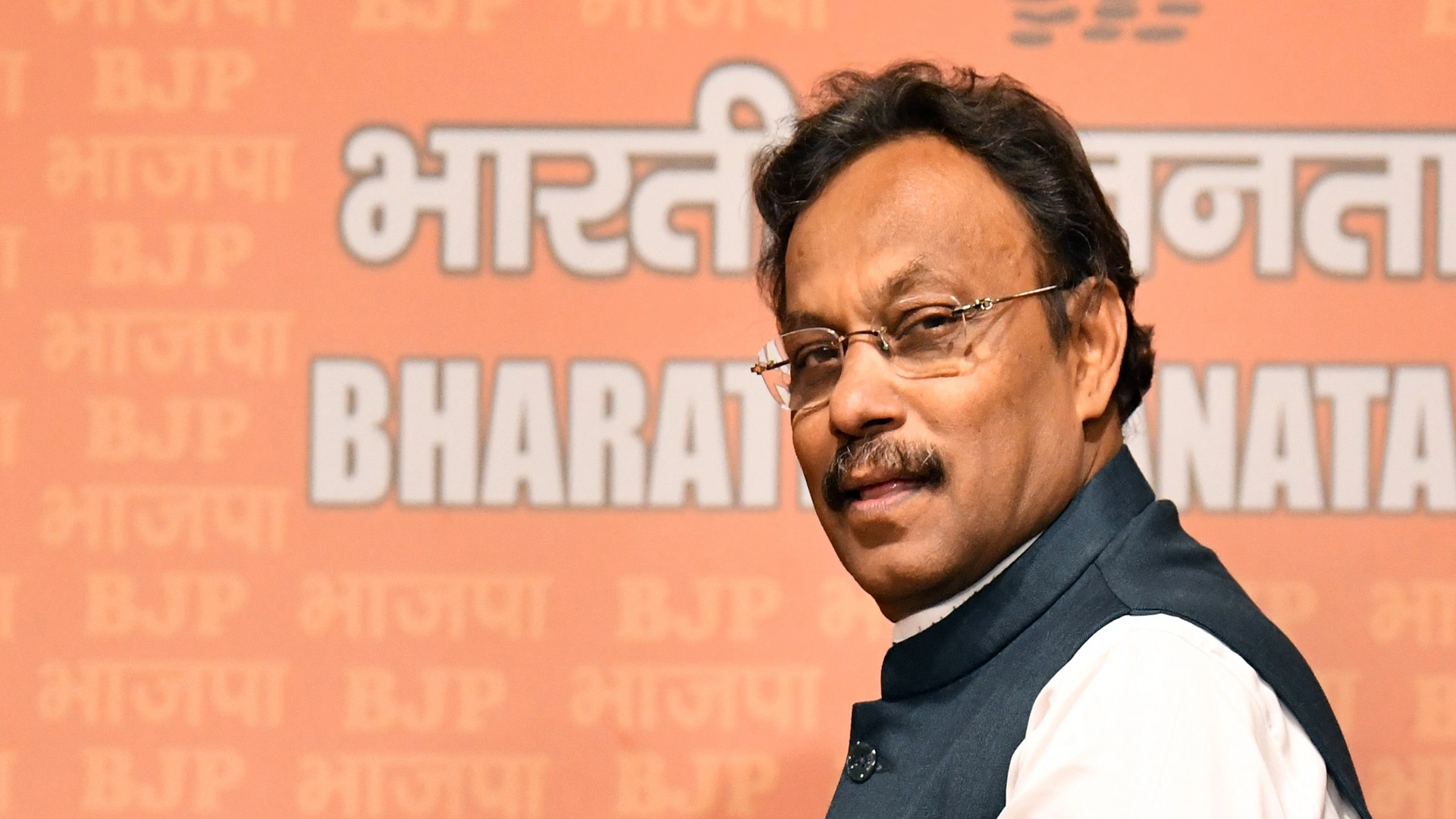The first round of the 2024 French parliamentary elections took place on June 30 and the results had shown a significant lead for the far-right National Rally (RN) lead by Marine Le Pen. The upcoming second round of France’s legislative elections on July 7 is crucial for the country’s political future. Following a strong showing in the first round, RN and its allies have secured 76 seats in the National Assembly out of 501. While they are well-positioned, polls suggest they may not win enough seats for a clear majority, potentially leading to a hung parliament. This could create uncertainty as no single party or coalition would have a definitive mandate to govern.
Pen’s RN party is currently leading but needs 289 seats to secure a majority. Candidates from the New Popular Front (NPF) and Centrist Ensemble groups aligned with President Emmanual Macron are withdrawing to unite votes against the RN, which could make it harder for the far-right to gain control.
The election’s outcome will depend on voter turnout and choices in each district. Whether voters support the RN, abstain, or back anti-RN candidates will determine the Assembly’s makeup. Results are anticipated either late on July 7 or early July 8, depending on how tight the contest is.
If there’s a hung parliament, options include temporary alliances to pass laws or forming a coalition government, which is rare in France. If deadlock persists, it could lead to a lack of progress in policymaking and possibly force Macron to consider resigning if governing becomes too difficult.
The constitution prevents holding new elections right away, emphasizing the need to quickly establish a stable government after the election. The outcome will shape France’s domestic policies and could influence European politics amid growing populism and changing political trends across the continent.













